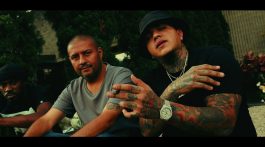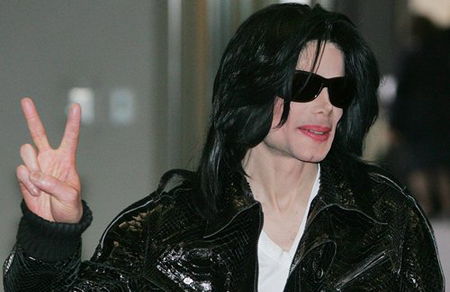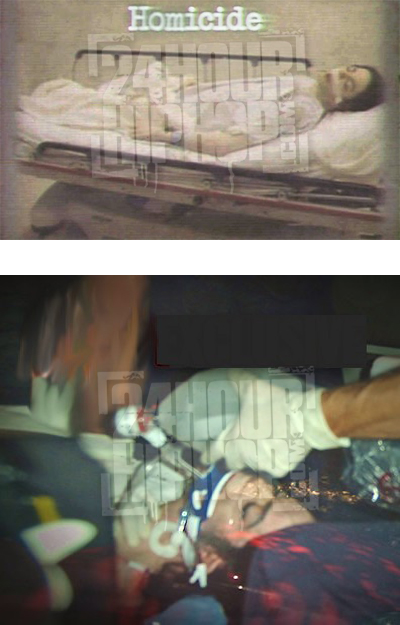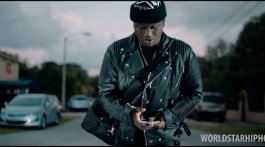The jury in the trial of the doctor accused of killing Michael Jackson was shown a shocking photograph of the singer lying dead on a hospital trolley on Tuesday.
Jackson’s sister La Toya called the grim image “heartwrenching”.
The jurors were also played a haunting tape of Jackson’s voice, recorded the month before he died, in which he slurred his words, mumbled and appeared to be heavily sedated. The disturbing evidence was produced by prosecutors as Dr Conrad Murray, 58, the singer’s personal physician, went on trial more than two years after Jackson’s death.
Dr Murray, who denies a charge of involuntary manslaughter, was accused of “gross negligence, medical abandonment and repeated incompetence.”
Prosecutors accused him of being interested not in Jackson’s health, but a “lucrative $150,000-a-month contract” he had for looking after the fragile entertainer and helping him to conquer his insomnia.
Ed Chernoff, the doctor’s lawyer later told the court that Jackson had caused his own death by self-administering propofol, an anaesthetic meant for use only in hospitals, and had already swallowed enough lorazepam sleeping pills to put six people to sleep.
Mr Chernoff said that created a “perfect storm” in Jackson’s body that killed him instantly when he took the propofol after Dr Murray left the room. The lawyer said the singer had taken the medication himself because he was “frustrated” that Dr Murray would not give him the drugs he wanted.
“He died so rapidly, so instantly he didn’t have time to close his eyes,” he said. It was later determined by a coroner that Jackson died of “acute propofol intoxication”, Los Angeles Superior Court was told.
In the 80 days before Jackson’s death on June 25, 2009 Dr Murray ordered more than four gallons of the anaesthetic — a “massive” amount, the court heard.
Deputy District Attorney David Walgren showed jurors the shocking slide of Jackson’s pale dead body wrapped in a white sheet. It was stamped with the word “homicide”.
He contrasted it with a photograph taken the previous day in which a vital-looking Jackson was seen rehearsing. “What happened during that time frame is that the acts and omissions of Michael Jackson’s personal doctor directly led to his premature death at age 50,” said Mr Walgren.
“Michael Jackson literally put his life in the hands of Conrad Murray. That misplaced trust … cost Michael Jackson his life. He died alone in his bed.”
Later, Mr Walgren said: “He left this vulnerable man – abandoned him – to fend for himself. It violates not only standard of care, but decency from one human being to another.”
Mr Walgren said levels of propofol found in Jackson’s body were similar to “when somebody is put out for a surgical procedure”. He said: “It is not a sleep aid or sleep agent. It is not an agent for the treatment of insomnia. If you are not knowledgeable, competent and prepared it will lead to the death of your patient.”
The court then heard a recording of Jackson’s voice, apparently recorded by Dr Murray on his iPhone on May 10, 2009, in which he discussed his planned comeback tour, This is It. The prosecution claimed it showed Jackson was “heavily under the influence” and Dr Murray was aware of that.
In the recording Jackson slurred: “It’s time to be phenomenal. When people leave my show I want them to say, ‘I’ve never seen nothing like this he’s the greatest entertainer in the world.’ I’m taking that money, a million children, children’s hospital, the biggest in the world. Michael Jackson’s Children’s Hospital.”
As the recording was played Dr Murray sat yards from Jackson’s family including his parents, Joe and Katherine, sisters Janet and Latoya, and brothers Jermaine and Randy.
He could be seen wiping away tears as he was described as Jackson’s friend.
But Jackson’s sister La Toya, who was in court, said: “I feel like screaming!
“Murray knows exactly what happened and who else is behind all of this. It sickens me to see what they did to my brother. Seeing his lifeless body laying there on the gurney is heart wrenching.”
On the night of Jackson’s death Dr Murray was making phone calls to his friends and businesses, the court heard, instead of monitoring the singer after administering him with sedatives
As the Jackson lay sedated he emailed an insurance company inquiring about his condition, telling them reports of Jackson being in failing health were “fallacious.”
Phone records also showed that at 11.51am on June 25, 2009, Murray called Sade Anding, a Texas cocktail waitress he referred to as his “girlfriend”.
Miss Anding then heard a “commotion” and Dr Murray stopped responding to her. Mr Walgren said the doctor then discovered his patient had stopped breathing.
Dr Murray called Jackson’s assistant Michael Amir Williams at 12.12pm, telling him to “get here right away” because Jackson had a “bad reaction.” Mr Williams immediately called Jackson’s bodyguard Alberto Alvarez and told him to go to the singer’s bedroom.
As Mr Alvarez entered the bedroom, he saw Murray trying to resuscitate Jackson on the bed with one hand. Dr Murray allegedly began grabbing vials of medicine and told Mr Alvarez to do the same.
Mr. Walgren said it was only then he told the bodyguard to call 911. The call was made at 12.20pm.
When paramedics arrived at Jackson’s home they found the singer with no pulse and his pupils fixed and dilated. The singer was pronounced dead at 2.26pm.
Dr Murray later told police he had been monitoring Jackson, but went to the bathroom and was “stunned” to find him not breathing when he returned.
Mr Walgren said that, at the time of Jackson’s death, Dr Murray was not certified in any medical speciality.
The two men had met in 2006 in Las Vegas and Jackson asked him to join the comeback tour.
Dr Murray initially asked for $5 million to be Jackson’s personal doctor for a year but settled for $150,000 a month, the court heard, although the contract was never signed.
He left his practice in Las Vegas to work for Jackson, then began ordering the shipments of propofol from a pharmacist, saying it was for a “large client base”.
In 80 days he ordered 155,000mg of propofol. He later claimed to have given Jackson just 25mg on the day he died, the court heard.
Dr Murray would spend six nights a week staying with Jackson, giving him drugs to help him sleep, Mr Walgren said.
The trial continues.
Check out the videos and photos:













No Comment